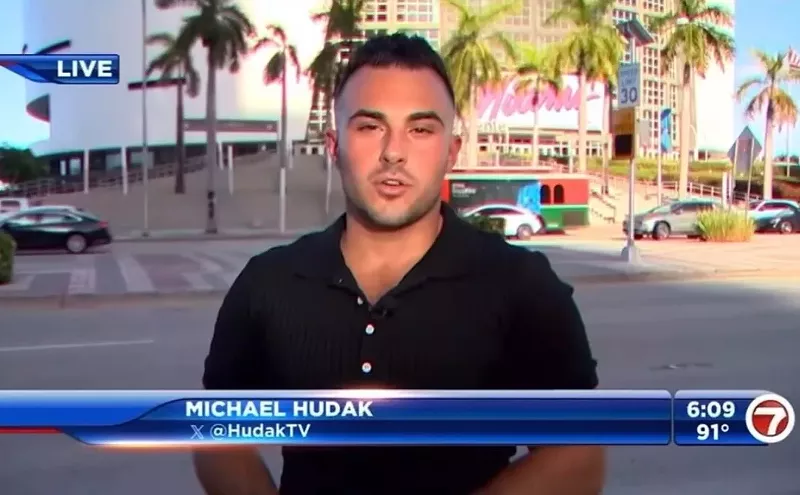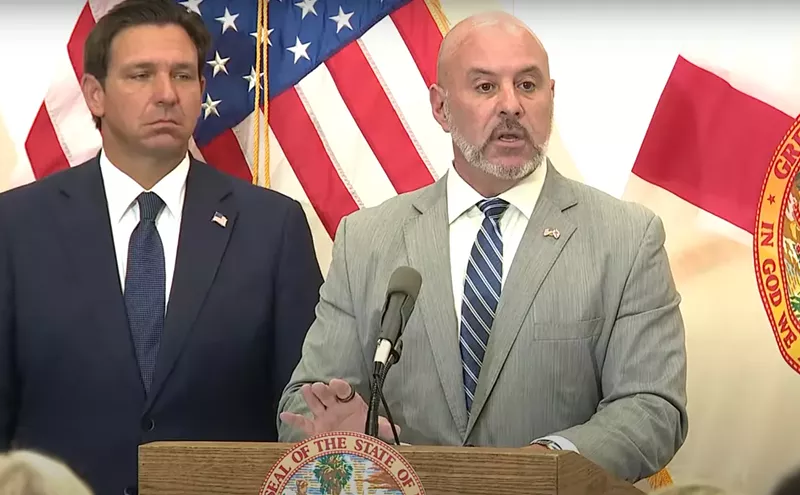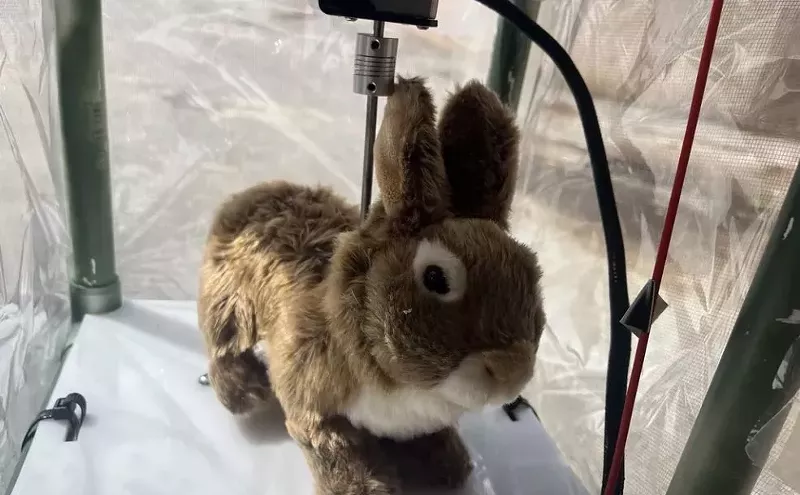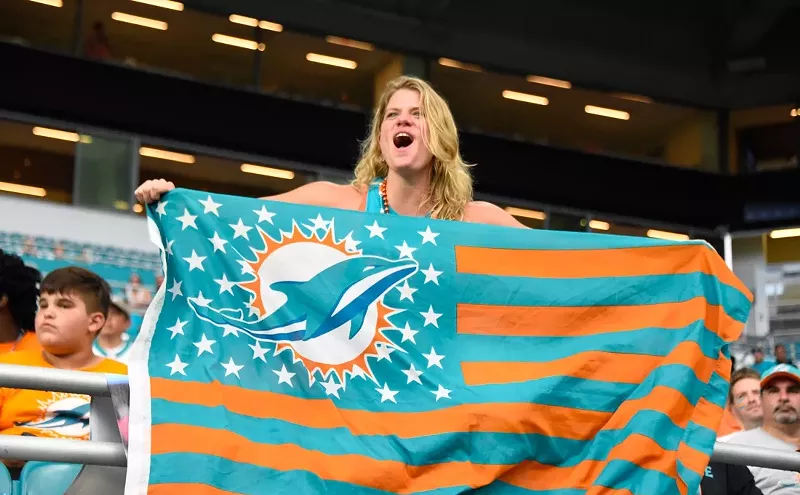So the city is resorting to less conventional methods: Officials have now asked the U.S. Food and Drug Administration to give emergency permission for Miami Beach to release genetically modified mosquitoes to kill off the Zika-carrying bugs.
City Manager Jimmy Morales writes in a new letter to the Miami Beach Commission that the city has filed a request with the feds to "release ... genetically engineered mosquito in Miami Beach." So far, though, the FDA isn't allowing the request.
On October 19, Robert M. Califf, the FDA's
While he did not grant the request, stating that the FDA did not have the authority to make that decision the first place, Califf didn't say that Miami Beach is banned from using the mosquitoes outright. Instead, he said the FDA does not have the authority to issue such an order, and instead encouraged Miami Beach to get its mosquitoes directly from Oxitec.
"We suggest you contact Oxitec directly should you be interested in pursuing an investigational release of the company's GE mosquitoes," Califf writes.
It's not clear whether the city will go straight to Oxitec to try to get the GMO mosquitos; a city spokesperson did not respond New Times questions for this story before press time.
Update: Morales sent his initial letter on September 21, 2016, according to a copy New Times obtained. The message stemmed from a September 14 city resolution, which asked the city to urge the FDA to let Miami Beach use GMO mosquitoes to help Florida. That resolution did not specifically mention using FDA emergency procedures to obtain mosquitoes. (Morales's letter is linked below.)
Though the GMO mosquitoes are controversial, Oxitec's mosquito only affects male Aedes aegypti bugs, which do not bite humans. (After the male GMO mosquitoes impregnate females, their offspring are engineered to die off.) Many scientists believe the GMO bugs are environmentally safe and could eradicate the Aedes aegypti, thus stopping tropical diseases like dengue fever, the chikungunya virus, and Zika.
But that has not stopped many local residents from crying foul: Oxitec has been trying to test its mosquitoes in the Florida keys for at least six years, but Keys residents have protested against the bugs. Critics claim the GMO insects themselves could cause diseases or tip the local ecosystem out of whack, but the Tampa Bay Times dismissed most of those concerns as "misinformation."
Miami's main tool to fight Zika — pesticides — have also become a hot-button issue. Though the CDC and county say
If environmentalists fight the Beach's push for GMO mosquitoes as hard as they've fought
Without GMO mosquitoes, people living in Zika-affected areas are forced to wait until a vaccine becomes available. Last week, Frieden warned that vaccine will not be available for at least a few more years.
According to the Florida Department of Health, 183 people have caught Zika from Florida mosquitoes as of October 31. (Since only one in five people infected with Zika exhibit symptoms, experts have warned that the number of people infected could be far higher.) Active transmission is ongoing in Miami Beach and a small portion of Little River.
Neither Morales nor Levine
But City Commissioner Michael Grieco — who opposes the use of
"The introduction of something like that into our ecosystem is not something I’m supportive of," he said. "I've been consistent on that.
Morales wrote in his letter last week that Miami-Dade County Mosquito Control is also scheduling a meeting with Oxitec "after the election."
Here's a copy of the letter:
Update: Here's Morales's original letter, and the related city resolution, as well:












